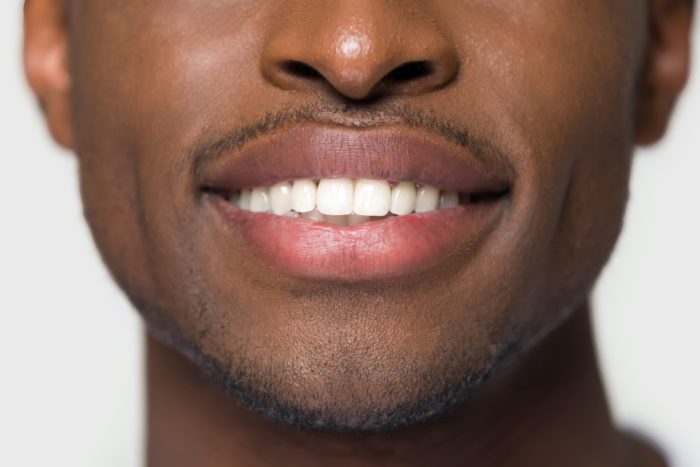It is difficult to get people to see dental appointments as a necessity. Many people only go to the dentist when they are in pain or have an emergency. Even then, some patients avoid the dentist as much as possible. Going to the dentist can be stressful, but it is essential to your health. A professional cleaning is one of the many services you get routine appointments. Unfortunately, it is common to think that dental cleanings are unnecessary.
An essential part of a dental cleaning is the removal of plaque and tartar buildup. Plaque is a sticky bacterial substance that clings to the surface of your teeth. Tartar is a hardened form of plaque. It calcifies, making it impossible to remove without the help of a professional. If you don’t properly remove plaque, you can develop bad breath, tooth decay, and gum disease.

What Happens During A Cleaning?
During your cleaning, a dental hygienist will remove plaque from your teeth. They use special tools that allow them to get between your teeth and underneath your gum line. A professional cleaning will deep clean your mouth in a way you cannot do alone at home. You may be familiar with the scraping tool–a scaler. A hygienist will use a scaler to scrape away plaque and tartar from your teeth. Unlike your toothbrush, this tool can break up tartar.
After your hygienist has scraped the plaque, they will polish your teeth using a high-powered electric toothbrush. This will remove any remaining plaque or tartar. The paste they use is thick and grainy in order to polish the surface of your teeth. Following the polishing, your hygienist will move forward with in-depth flossing. While they floss, they will be able to tell you about any problem areas you have with your gums.
Preventative Exam
Your routine appointment will begin with a complete dental exam. Your dental hygienist and dentist will examine your teeth and mouth to see if there are obvious issues. Additionally, they will take x-rays of your mouth to find problems that lie beyond the surface of your teeth and gums. If you have any problems, an x-ray will be able to identify them. This is where your dentist will be able to see if you have any issues developing. It is yet another reason to continue dental cleanings and routine appointments.
Prevent Gum Disease and Tooth Decay
Routine dental cleanings help remove plaque from your teeth, preventing many dental issues. However, even if you have a good oral hygiene routine, you still need regular cleanings. A dental hygienist can clean your mouth more thoroughly and reach places you cannot. In addition, regular cleanings can help prevent tooth decay and gum disease.
Brighter Smile
You may notice a brighter smile after a dental cleaning. This is because part of a dental cleaning involves polishing the surface of your teeth. Polishing can help remove surface stains, whitening your teeth in the process.
